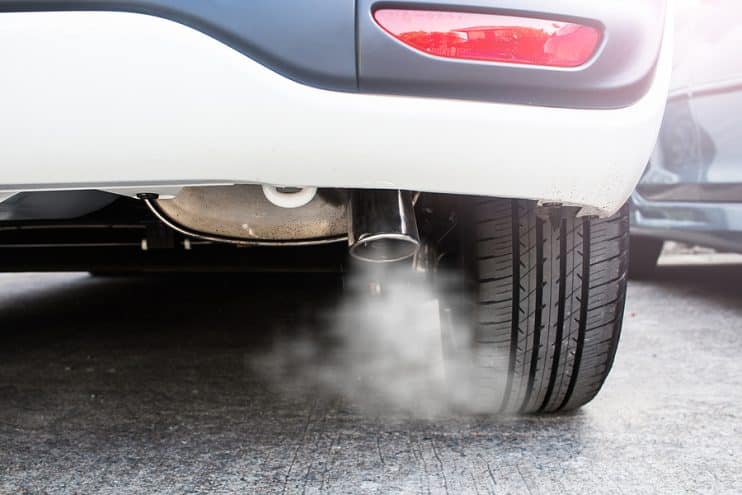
A backfire from your car’s engine or exhaust can be alarming but is usually easily fixed. A backfire is an explosion of unburned fuel in the engine or exhaust system, which causes a loud “popping” noise.
A backfire from the engine occurs when unburned fuel in the combustion chamber ignites violently instead of burning steadily. This is often caused by issues with the air-fuel ratio, ignition timing, or buildup of carbon deposits inside the engine.
A backfire from the exhaust happens when unburned fuel enters the exhaust manifold or piping and ignites there. This can be caused by exhaust leaks, an overly rich fuel mixture, or incorrect valve timing. The unburned fuel travels through the exhaust valves into the exhaust system, exploding, causing the backfire noise.
The loud popping sound happens in either case when the fuel explodes unpredictably instead of burning smoothly. Having a replacement engine or replacement exhaust can usually resolve any backfiring issues.
Table of contents:
- What are the common causes of backfiring?
- What’s the difference between a backfire and a misfire?
- How do I fix a backfire?
What are the common causes of backfiring?
Backfiring is usually a sign of problems with fuel mixture, ignition timing, exhaust leaks, or carbon build-up, but other factors can also cause backfiring. Here are some of the most common culprits:
Engine timing issues
Engine timing issues are a common cause of backfiring. If the spark plugs fire at the wrong time, it can ignite fuel prematurely in the combustion chamber and cause a backfire. Problems with the camshaft timing, distributor, or a worn timing chain can throw off the engine timing and lead to backfires.
Fuel mixture problems
Incorrect fuel-air mixture can also cause backfires. If the mix is too rich there is excess fuel, while an overly lean mixture has too little. Both situations can lead to problems with combustion and ignition of unburnt fuel in the engine or exhaust.
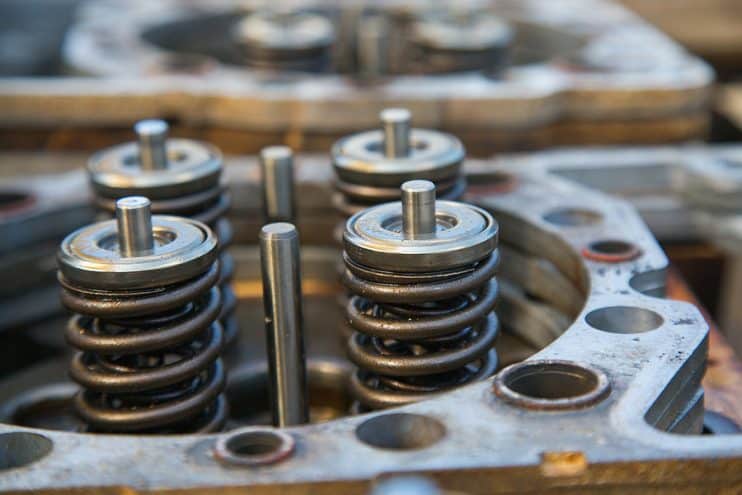
Damaged exhaust valves
Intake and exhaust valve problems can also be sources of backfiring. Bent, burnt, or leaky valves allow fuel and air to mix at the wrong time, which can ignite prematurely. Carbon buildup preventing valves from fully closing can have the same effect.
Ignition system issues
Problems with the ignition system, like worn spark plugs or a damaged distributor cap, can lead to misfiring and backfires. The ignition system provides the spark to ignite the fuel mixture at the right time, so any issues can disrupt proper combustion.
Air filters
A clogged or dirty air filter can cause backfiring by disrupting the air-fuel mixture. You need enough air flowing through to ensure it’s just the right mix, and not too rich. Otherwise, it can ignite in the intake manifold or cylinder. Replacing a blocked air filter should help you restore proper airflow.
Fuel injectors
Faulty fuel injectors can cause backfiring in lots of different ways. Leaky injectors allow fuel to build up in the intake, which can ignite. Injectors that don’t open or close properly also cause poor air-fuel mixtures, resulting in backfires. Replacing damaged injectors should restore the right fuel delivery.
Distributor cap
Distributor caps can become worn, cracked, corroded or wet, resulting in stalling, and misfiring and backfiring from your exhaust system when driving. This happens when the rotor works incorrectly inside the broken distributor cap.
Spark plugs
Worn or dirty spark plugs can cause ignition issues that lead to backfires. The spark may be weak, resulting in incomplete combustion and unburnt fuel in the cylinder. Worn plugs also deliver the spark at inconsistent times. New spark plugs in good condition provide strong, properly timed sparks.
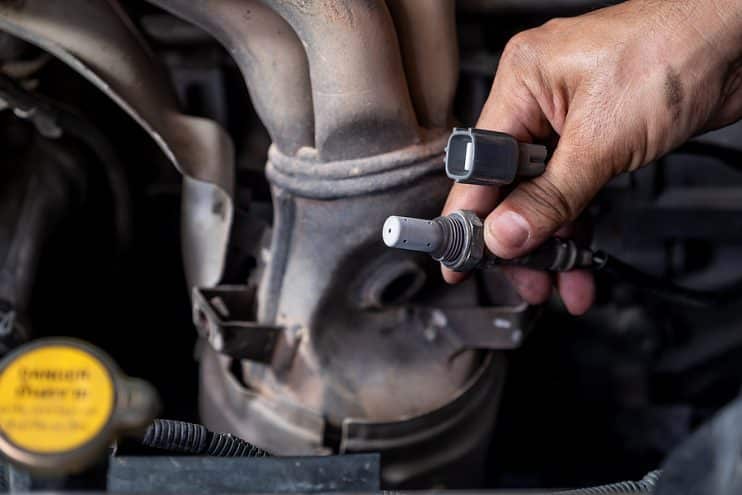
Faulty oxygen sensor
The oxygen sensor detects the amount of oxygen in the exhaust to regulate the fuel mixture. A bad oxygen sensor won’t measure the air-fuel ratio correctly, so you can end up with an overly rich or lean mixture.
What’s the difference between a backfire and a misfire?
A backfire is an explosive ignition of fuel in the intake, exhaust, or crankcase rather than the combustion chamber. It creates loud banging or popping noises. Backfires are often caused by bad ignition timing, a too-rich fuel mixture, or exhaust leaks.
A misfire refers to a lack of proper combustion within the cylinder due to a failure to ignite the air-fuel mixture. This results in rough, uneven engine operation. Misfires are commonly caused by problems with spark plugs, fuel injectors or an ignition system problem.
How your vehicle responds may also help you work out whether it’s a misfire or a backfire. A misfire is a jerking motion that happens when you’re starting, idling or accelerating, while a backfire can cause your vehicle to stall.
How do I fix a backfire?
Here are some tips on how to fix and prevent backfiring in your vehicle:
- If you have a modern, computer-controlled engine, check the check engine light after a backfire – it may show that the computer has detected an issue and gone into a ‘limp mode’ to protect the engine.
- For older engines, allow the engine to fully cool after a backfire. Then check under the bonnet for any damaged, disconnected or loose hoses, wiring or vacuum lines that could be causing air leaks.
- Listen carefully for exhaust leaks while the engine is running. Fixing damaged hoses, wires, and minor leaks can often stop backfiring.
- Replacing old oxygen sensors, usually after 75,000+ miles, can help prevent backfires in some cars as these monitor fuel mixture.
- Fixing any air leaks from vacuum hoses, intake manifolds, or exhaust systems is important to prevent backfiring.
- Keeping the ignition system in good order by changing spark plugs and wires regularly can also help to prevent backfire-causing ignition issues.
- Inspecting and replacing worn engine belts if needed helps avoid potential timing issues that could contribute to backfiring.
- Finally, keeping the exhaust system and catalytic converter in good working order helps minimise backfiring, as a failing catalytic converter can be a factor.
Overall, good maintenance and addressing any problems at the first sign of trouble can go a long way to preventing annoying backfires.

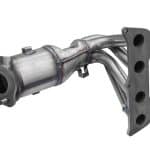
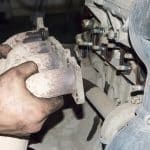
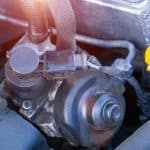
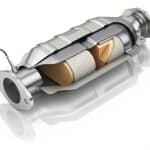

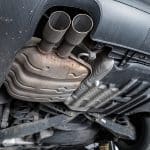

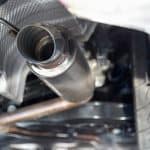

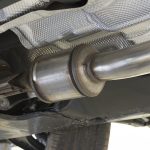
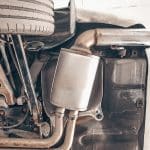
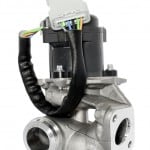
.png)